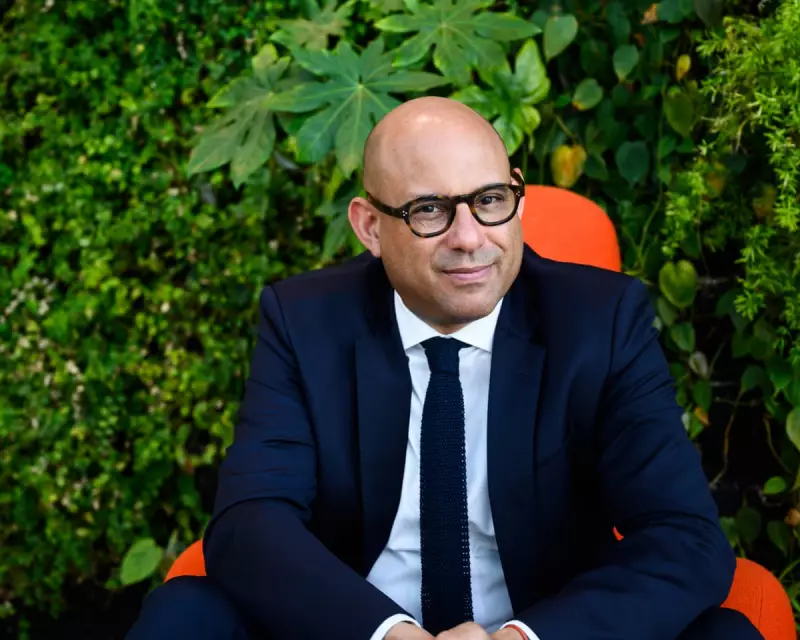
In a stark warning to world leaders, the United Nations' top climate official has declared that global efforts to combat climate change are showing alarming signs of deterioration, yet the momentum toward green energy remains an irreversible force.
Simon Stiell, executive secretary of the UN Framework Convention on Climate Change, delivered his sobering assessment ahead of critical climate negotiations, highlighting the precarious state of international climate commitments.
The Faltering Climate Progress
Stiell's analysis reveals that numerous nations are backsliding on their environmental pledges, with implementation efforts falling dangerously short of what science demands. "We are seeing progress falter in many places," Stiell confirmed, pointing to concerning trends across both developed and developing economies.
The climate chief specifically noted the damaging impact of political uncertainty in key nations, including the United States, where climate policy faces potential reversal depending on electoral outcomes. This volatility creates ripple effects throughout the global climate effort, undermining confidence and slowing crucial investment.
The Unstoppable Green Transition
Despite these political challenges, Stiell maintains that the fundamental shift toward renewable energy has reached a point of no return. "The green transition is unstoppable," he asserted, citing compelling economic factors driving this transformation.
The evidence supporting his claim is overwhelming:
- Solar and wind energy now represent the most cost-effective new power generation sources in most markets
- Global investment in clean energy continues to outpace fossil fuel investments
- Technological advancements are driving efficiency improvements and cost reductions
- Corporate demand for renewable energy is creating sustainable market pressure
The Economic Imperative
Stiell emphasized that the transition is being driven primarily by market forces rather than political ideology. "This isn't about environmentalism anymore—it's about economics," he stated, noting that renewable energy costs have plummeted while fossil fuel volatility continues to create economic uncertainty.
The UN climate chief pointed to the tangible benefits already being realized by nations embracing the green transition, including:
- Job creation in emerging clean energy sectors
- Enhanced energy security through domestic renewable resources
- Improved public health outcomes from reduced air pollution
- Economic competitiveness in developing future technologies
The Path Forward at COP29
Looking ahead to the upcoming COP29 climate summit in Baku, Stiell outlined critical priorities for maintaining momentum. He stressed the urgent need for developed nations to fulfill their financial commitments to support developing countries' climate efforts.
"The climate crisis doesn't pause for political calendars or election cycles," Stiell warned, urging leaders to look beyond short-term political calculations toward long-term environmental and economic stability.
While acknowledging the significant challenges ahead, the UN climate chief concluded with a message of cautious optimism: "The direction of travel is clear. The transition is happening. Our task is to accelerate it."





